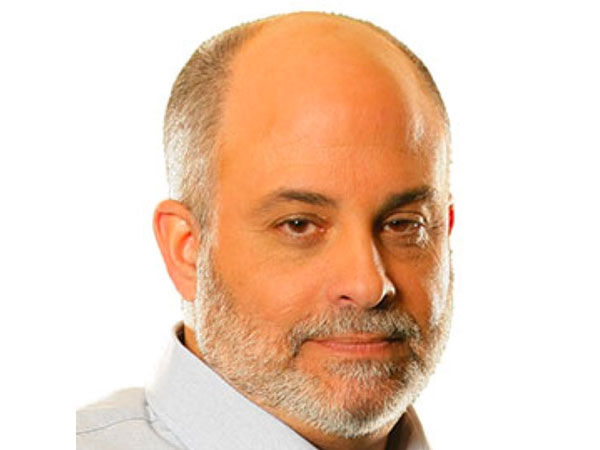Trump says Supreme Court win on tariffs will cement nation's wealth
National News

Audio By Carbonatix
8:40 AM on Tuesday, September 16
Brett Rowland
(The Center Square) – President Donald Trump said Tuesday that he expects a fair ruling from the U.S. Supreme Court on a challenge to his tariff authority.
Trump has made tariffs the centerpiece of his economic agenda. Trump used a 1977 law that doesn't mention tariffs to reorder global trade in a matter of months through tariffs to try to give U.S. businesses an advantage in the world market. Using tariffs under the International Emergency Economic Powers Act, Trump hit nearly every nation with import duties of at least 10%. Some countries face higher rates, up to 50%.
A group of Democrat-led states, small businesses and education businesses have challenged Trump's tariff authority under the International Emergency Economic Powers Act. The case is now pending before the U.S. Supreme Court.
The challengers say Congress retains the power to tax, not the president. Trump says he has the authority and his plans are bearing fruit.
"The Supreme Court has been terrific. I think they're very fair. All I want is fairness," Trump said Tuesday morning. "... But if we win the Supreme Court case, which means the finalization of tariffs, we will be by far the richest country by far anywhere in the world and we'll be able to help our people more and we'll be able to help other countries when we want to."
New tariffs raised $80.3 billion in revenue between January 2025 and July 2025 before accounting for income and payroll tax offsets, according to an analysis of federal data from the Penn Wharton Budget Model.
The Congressional Budget Office estimated that President Donald Trump's tariffs could bring in $4 trillion over the next decade, but will raise consumer prices and reduce the purchasing power of U.S. families.
The most recent estimate includes changes to tariffs through Aug. 19 that CBO Director Phillip Swagel said reduce total deficits by $4 trillion altogether over the next decade. Tariff revenue also is expected reduce the need for federal borrowing and cut spending on interest by $700 billion.
In August, the U.S. Court of Appeals for the Federal Circuit affirmed a previous lower court ruling, but said Trump's tariffs could remain in place while the administration appeals to the U.S. Supreme Court.
In the 7-4 decision, the majority of the Federal Circuit said that tariff authority rests with Congress. It used that same language: "We discern no clear congressional authorization by IEEPA for tariffs of the magnitude of the Reciprocal Tariffs and Trafficking Tariffs. Reading the phrase 'regulate ... importation' to include imposing these tariffs is 'a wafer-thin reed on which to rest such sweeping power.'"
Treasury Secretary Scott Bessent said the appeals court ruling has already hurt the administration's efforts.
"The recent decision by the Federal Circuit is already adversely affecting ongoing negotiations," Bessent wrote in a declaration. "World leaders are questioning the president's authority to impose tariffs, walking away from or delaying negotiations, and/or imposing a different calculus on their negotiating positions. The court's ruling has taken away substantial negotiating leverage for the president to achieve the best trade deals for the American people."
Trump has said he wants to use tariffs to restore manufacturing jobs lost to lower-wage countries in decades past, shift the tax burden away from U.S. families, and pay down the national debt.
A tariff is a tax on imported goods that the importer pays, not the producer. The importer pays the cost of the duties directly to U.S. Customs and Border Protection, a federal agency.







